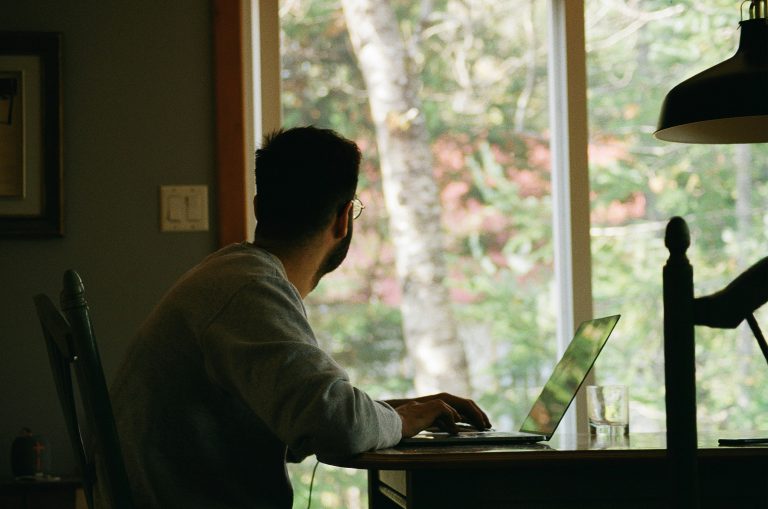Forget about dropping a dress size or cutting a few inches from your waist, the most important change you could make in 2019 is improving your mental health. Contributor Victoria Anderson, Clinical Director – Better Humans Technology (member of Health & Care Professions Council (HCPC), Chartered Society of Physiotherapy (CSP), and the Acupuncture Association of Chartered Physiotherapists (AACP).
Far too many of us take our mental health for granted. Their advice for 2019 is, yes, exercise is very important but it is essential to make other changes to your daily routine if you are to keep your mental health in tip top condition.
Mental health includes our emotional, psychological, and social well-being. It affects how we think, feel, and act. It also helps determine how we handle stress, relate to other humans, and make choices.
Mental health concerns are often not clear-cut and often people do not realise that they may have a problem. This is why it is vital to look after your mental health at all times. Mental health issues are more than just receiving a diagnosis and then going for treatment – they involve a lot of ups and downs, learning, growing, and a lot of hard work.
So for 2019 I urge everyone not to take their mental health for granted, as we all need to do better. As a practising physio, I see lots of people who want to get fitter and more toned at this time of year. Exercise is undoubtedly good for us, it strengthens our bodies, including our vital organs such as heart, lungs and brain, and releases happy chemicals into our blood stream which help us to feel more relaxed and content.
However, this is only a ‘part’ of our overall wellness. Unhealthy lifestyle choices such as working long hours, or even checking emails when out of work hours, means that we don’t give ourselves a chance to switch off and get the much needed rest that our body and mind needs. Being constantly busy and not taking the time to relax has a significant impact on our mental health and can push us into a ‘flight or fight’ state which has dire consequences for our body and brain health.
When in this state, stress hormones, such as cortisol and adrenaline, rise which inhibit the function of our immune systems, digestive system and reproductive systems – literally we’re in survival mode and anything not essential to help us survive is suppressed.
As a consequence, tissues don’t heal as quickly and are more prone to damage, we can get gut pain and digestion issues and are more susceptible to picking up infections. We are also more likely to suffer from ‘brain fog’ where concentration and decision making is more difficult.
There are lots of tell-tale signs that you may be struggling, such as not being able to get out of second gear and feeling like everything is struggle. We all know that a lack of sleep, poor nutrition, and dehydration make this downward spiral more likely, but most of us do not realise that being in a constant state of distraction is also a major contributor to poor mental health. Being unable to sit still without doing something else such as constantly checking your phone, surfing the net, watching TV, or not being able to stay in the same place for more than five minutes is a sign that we’re disconnected from our inner voice and mental state.
I would recommend small lifestyle changes alongside exercise to help with our overall well-being: making sure we drink more water, getting at least 7-8 hours sleep per night, eating green vegetables, reading, going for a walk outside, having a bath and giving ourselves ‘permission’ to have a rest!
Quite often, going for a 20 minute walk outside in nature can be more beneficial than an intense work-out in the gym for an hour. Similarly if you’re chair-bound at a desk all day, persuading a colleague to have that 20 minute meeting with you, whilst you walk around the block will stimulate free-flowing conversation, help you connect with the outside world as well as incorporate some active time.









